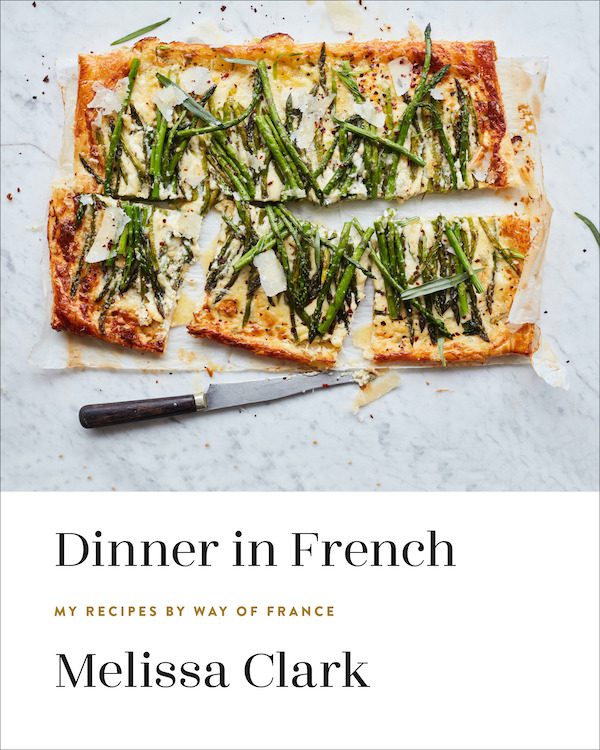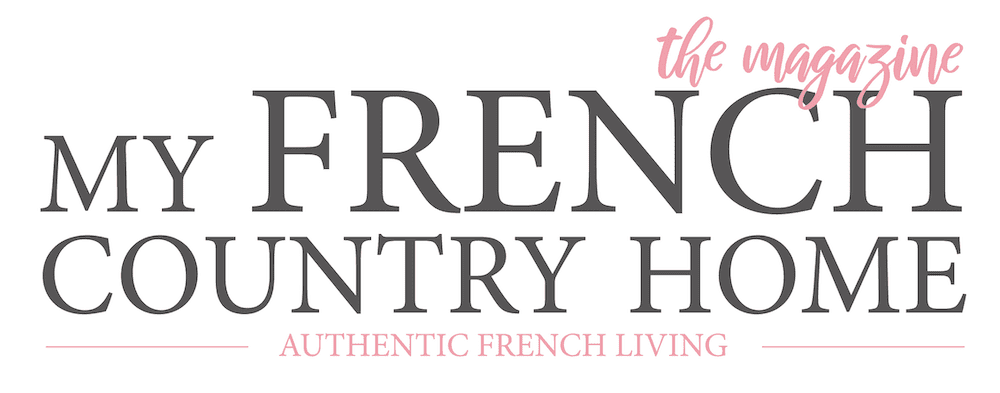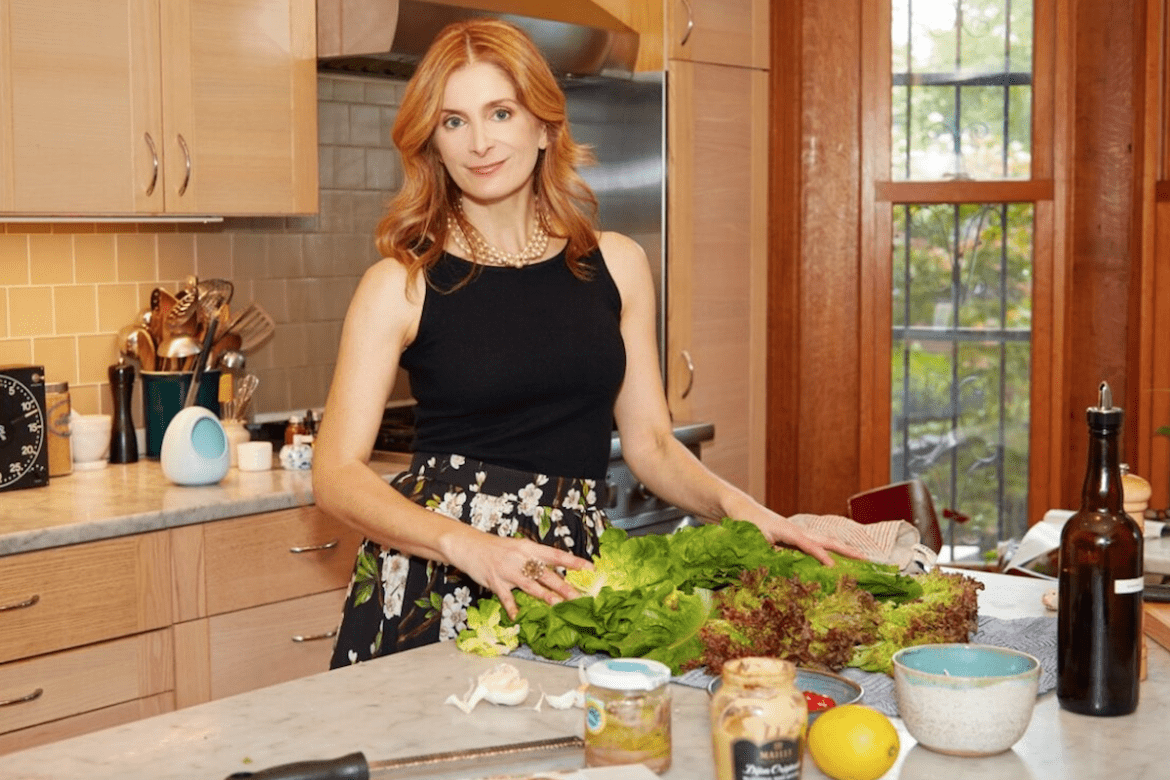Food writer and cookbook author Melissa Clark has been a staff reporter for The New York Times for over a decade, penning the popular column “A Good Appetite” and appearing in their weekly cooking video series. Melissa recently contributed recipes from her new book, Dinner in French, to MFCH for our Jan/Feb 21 issue.
SUBSCRIBE TO THE MAGAZINE
We sat down to chat with her about her career, her favorites dishes, how the pandemic has changed cooking culture and more. Read on below!

You’re a food columnist for the NYT. What are the main things you’ve learned about food and cooking over your time there?
When I started at the NYT in 1998, the food section was pretty small and mostly interested in food and restaurants as news. The recipes we published were chefs’ recipes for the most part, multi-step and ambitious. Whether people cooked them or not wasn’t the point. This changed with my column, which was an idea of the former editor, Pete Wells (who is now a critic). The goal was to introduce meals geared towards home cooks. The main thing I’ve learned is that it’s hard to find a recipe that pleases cooks of all skill levels — something easy enough for beginners but interesting/ different/ exciting enough to keep more experienced cooks enthralled. Walking this line is what I aim for most of the time, though sometimes I do create recipes that are geared towards the latter, like cassoulet or souffle.
When did you start cooking? What (or who) inspired you?
I’ve been cooking since I was a kid, probably about 8 years old. I started baking because it was the only way to get sweets past my parents; if I made the cookies, we could have them around the house! Plus, unlimited dough eating when no one was looking. I am still guilty of this.
Which trends over the past decade have surprised you the most?
I’m still not over baked feta pasta. But I can’t say I’m surprised.
In your opinion, how do you think the COVID-19 pandemic has changed our attitudes to cooking and sharing meals? Do you see the stay-at-home culture enduring?
People are cooking now more than ever before, and I think they are acquiring more skills in the kitchen, which is an excellent silver lining. I do think there will be vestiges of stay-at-home culture in that businesses will probably make it easier for people to work at home on a more regular basis. I think this will lead to integrating cooking into the workday, making it more of an organic part of a daily rhythm, rather than a thing you do for 30 minutes at the end of the day. More pleasurable, less harried. At least I hope!
Any advice for the home cooks out there? Those who are curious or just starting?
Trust your gut. You have more knowledge than you think, and if something looks wrong, don’t be afraid to second guess a recipe. Recipes are written by people who are fallible and who may have different tastes than yours. It’s your dinner, after all! Change it up to suit yourself and never apologize.
Your new book Dinner In French is an ode to delicious comfort food inspired by French classics. How did you go about researching this?
I grew up going to France every summer. My parents first rented houses, then we house exchanged. My research was really just a lifelong love of eating. I stored those food memories away, and when I got savvy in the kitchen, I learned how to make the dishes I craved. Then, I tweaked them to my own tastes. This kind of research is ongoing in my life, eating and recreating the recipes. I can’t stop myself!
What do you hope that fans of French gastronomy will take away/learn from your book?
That French food is not just haute cuisine, it’s something that French people make every dayto feed their families. And whether humble or haute, it’s varied, exciting and continuously evolving.
When travel is back on the menu, where will you first visit in France? What will you eat?
Paris! And I’m not sure where I’ll eat, because I don’t know which of my favorite restaurants will survive. But I’m pretty sure Mokonuts in the 11th will pull through, and if so, that will be my first stop.
For a foodie looking for the ultimate French food experience, where would you suggest that they go? Any particular city or region?
Paris has the most diversity in terms of different types of French food and up-to-the-minute trends, which is pretty thrilling. But if someone wanted a more traditional experience, I’d say Lyon or Bordeaux.
You’re hosting an impromptu three-course dinner for friends. What’s on the menu?
I’d start with gougeres and radishes with tapenade to serve with aperitifs. Then, as a first course, I’d offer a soup – maybe the pea and lettuce soup or the creamy chestnut soup from Dinner in French, depending on the season. For the main course, the roasted duck with satsumas would be wonderful, especially in the winter. In warm weather, I’d opt for something I could throw on the grill, like the leg of lamb with garlic and herbs. Then for dessert, the Campari olive oil cake (one of my favorite recipes in the book), served with a dollop of crème fraiche. Or the blackberry frangipane tart, which is elegant and so beautiful.
Follow Melissa on Instagram

